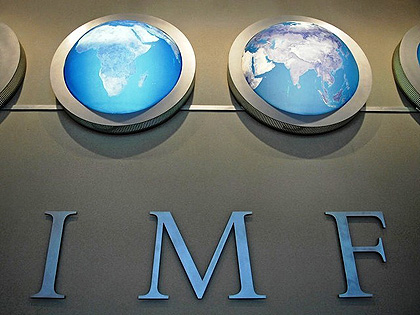Europe’s finance ministers are due to meet Monday in an effort to break the impasse over Greece and its debt. What ought to happen was spelled out last week in a leaked letter from the head of the International Monetary Fund to the group. It wasn’t what the ministers wanted to hear.
Managing Director Christine Lagarde said the IMF cannot support a plan of the kind Europe’s ministers have been demanding — a plan that requires promises Greece can’t or won’t keep and that postpones, yet again, agreement on debt relief. The IMF’s implicit threat to withhold its support and walk away from the talks is justified.
Essentially, the euro zone ministers and Greece’s government have been feeling their way toward an agreement that neither side thinks will work. The spirit of these talks recalls the old joke about the Soviet Union: “We pretend to work and they pretend to pay us.” Under this emerging deal, Greece assents to a range of new fiscal cuts, including additional “contingency measures” to be automatically activated if necessary, with the aim of achieving and sustaining a primary budget surplus of 3.5 percent of gross domestic product. And the euro zone says: That will do fine.
As the IMF says, this approach just isn’t credible. The fiscal target is too high. The projected fiscal squeeze would hurt rather than help the economy if it were implemented — which it won’t be. “We do not expect Greece to be able to sustain a primary surplus of 3.5 percent of GDP for decades to come,” says the letter. Nor, in truth, does anybody else. This emerging pretense of a deal is the alternative to an honest plan that, merely to be feasible, must include an element of debt relief — the concession that Germany and others are at pains to resist.
To be clear, this isn’t a question of letting Greece off the hook. The mess it’s in is the country’s own fault — and Greeks have paid the price in collapsing living standards. More realistic fiscal targets of the kind the IMF is proposing, including a primary surplus of 1.5 percent of GDP, would still impose austerity on a country that’s suffered greatly. But this softer target wouldn’t cut debt to a sustainable level: Resolving this issue requires debt relief.
For many months, the euro zone governments, led by Germany, have been led by domestic politics to deny this inescapable reality. Greece has to make big repayments soon. As long as the issue is unresolved, the threat of another financial crisis will cloud Europe’s prospects. The IMF is right to say that enough is enough.



















